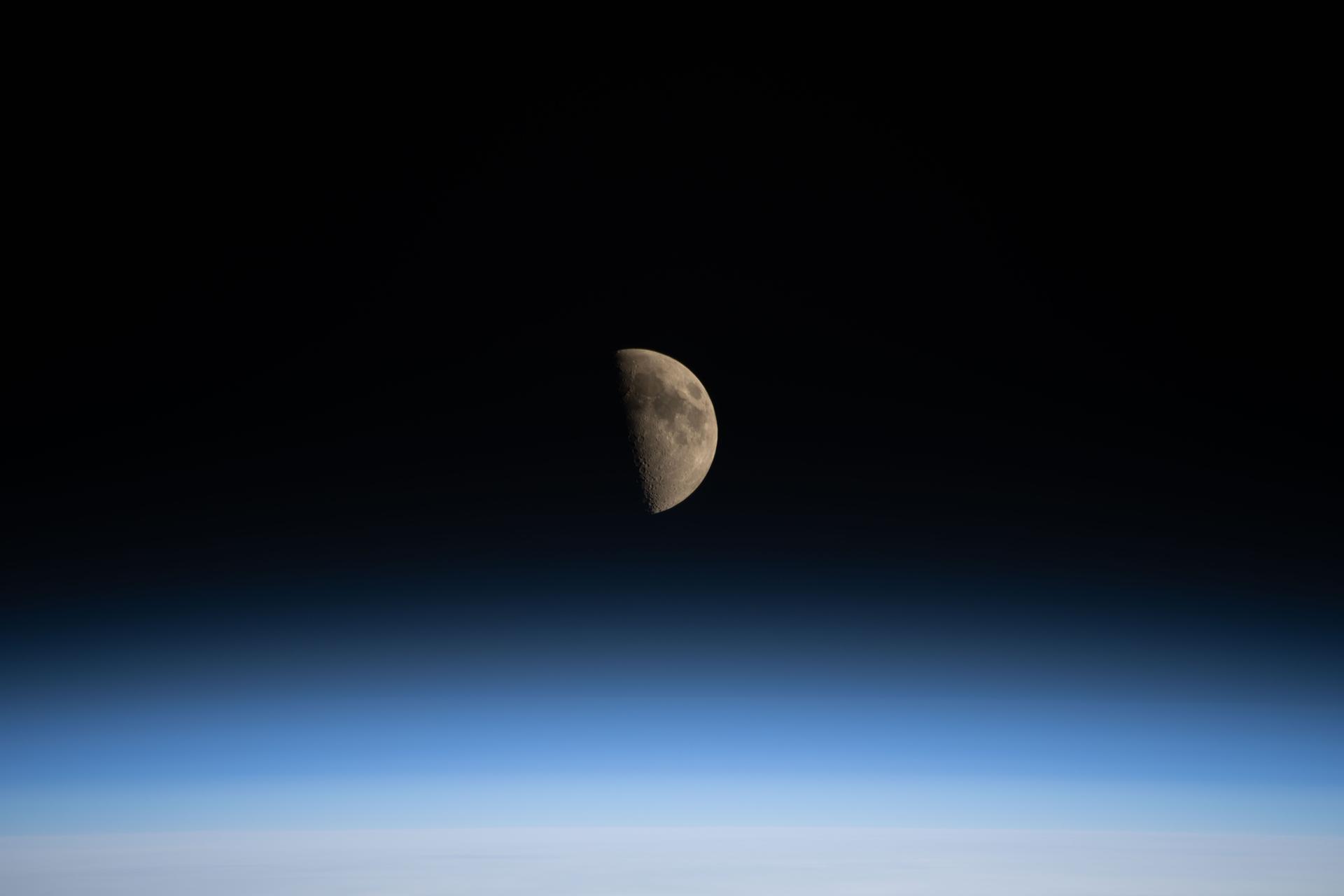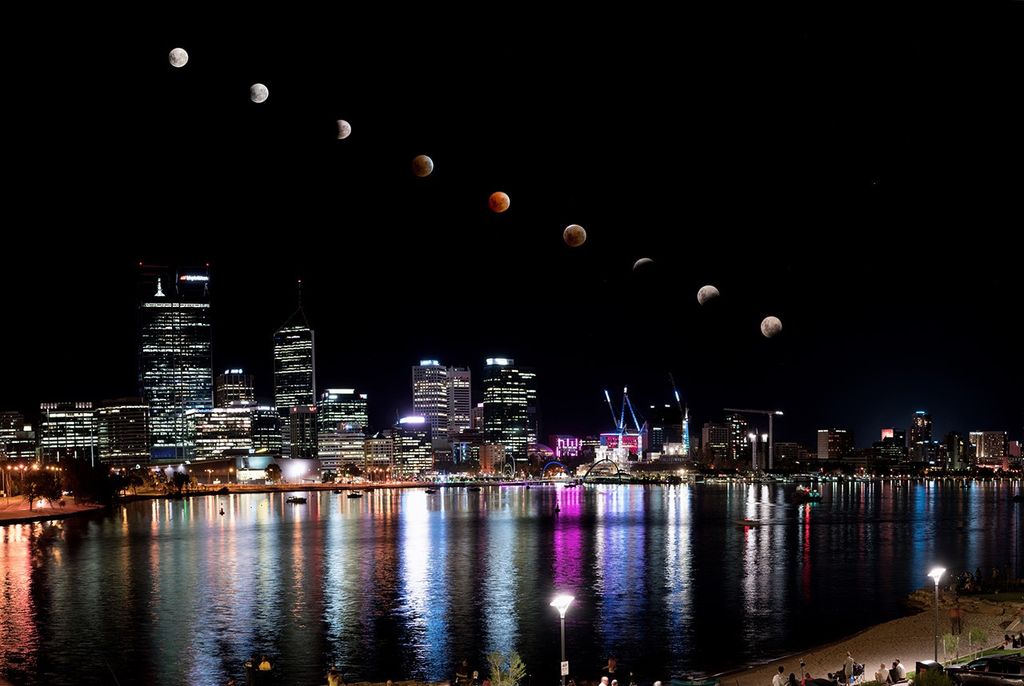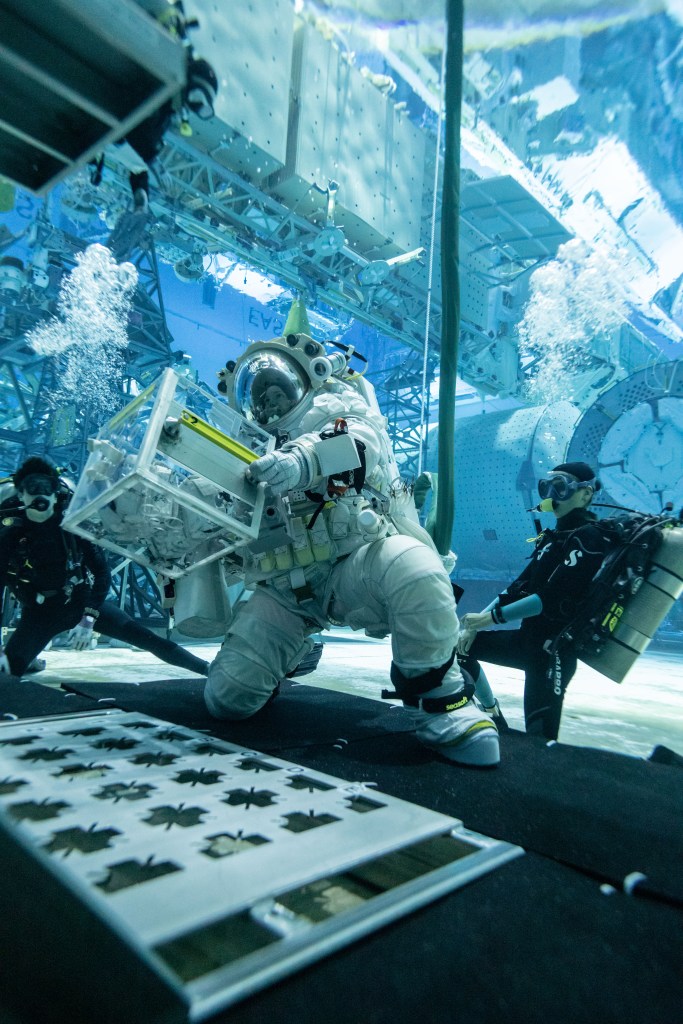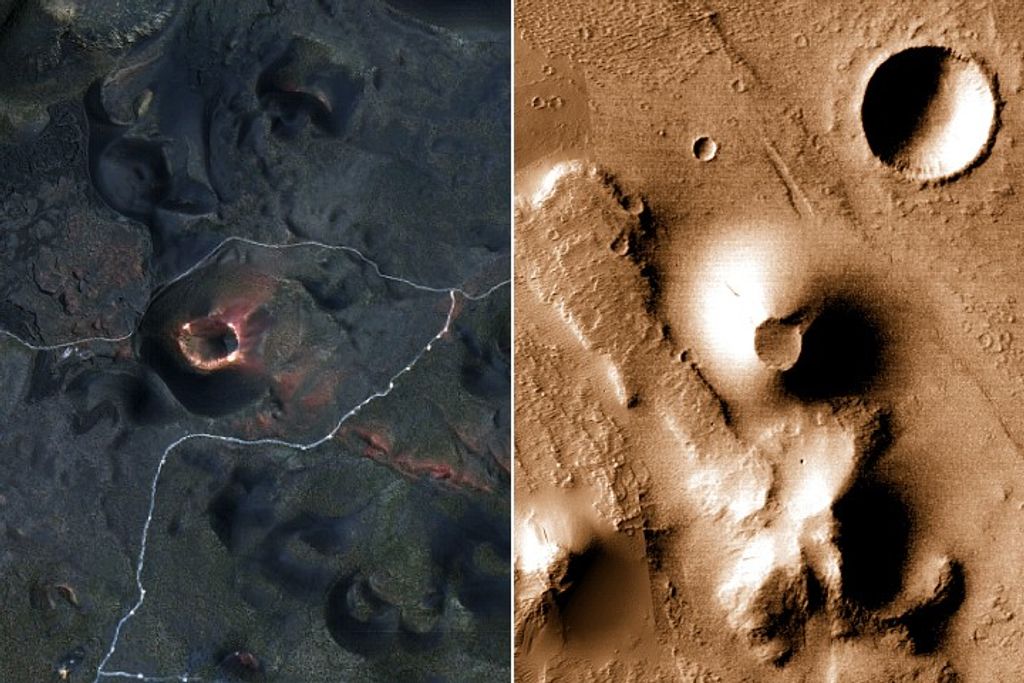Gordon R. Osinski
Contents
Expertise: Planetary geology, impact cratering
Affiliation: University of Western Ontario
Certification/Education: PhD (Geology) 2004, BSc (Hons) (Geology) 1999
Research Link(s):
FINESSE Research Objectives
Impact Rock Modification, impact cratering mechanics, impact chronology
Biography
Dr. Gordon “Oz” Osinski is an Associate Professor and the NSERC/MacDonald, Dettwiler and Associates Ltd/Canadian Space Agency Industrial Research Chair in Planetary Geology in the Departments of Earth Sciences and Physics and Astronomy at the University of Western Ontario, Canada. He holds a PhD from the University of New Brunswick (2004) and a BSc (Hons) from the University of St. Andrews (1999), Scotland. Dr. Osinski’s research interests are diverse and interdisciplinary in nature. His main area of research focuses on understanding impact cratering as a planetary geological process, on the Earth, Moon and Mars. He has published more than 85 papers in peer-reviewed journals and special papers and has given over 70 conference presentations. He also co-edited the new book “Impact Cratering: Processes and Products”, published in 2013 by Wiley-Blackwell. For this research on impact cratering, he was awarded a Canadian Space Agency Fellowship in Space Science (2007), an Ontario Ministry of Research and Innovation Early Researcher Award (2009), the 2009 Nier Prize of the Meteoritical Society, an international award for young scientists, and an NSERC Discovery Accelerator Supplement in 2013.
Dr. Osinski is also is also Deputy Director of the Centre for Planetary Science and Exploration (http://cpsx.uwo.ca), the Principal Investigator of the Canadian Lunar Research Network (http://clrn.uwo.ca), an Affiliate member of the NASA Lunar Science Institute, and the founder and first Chair of the Planetary Sciences Division of the Geological Association of Canada (http://uwo.ca/earth/GACPSD/). He has a long history of participation in exploration-related activities, including developing strategies and techniques for exploration through conducting analogue research. He is also a Co-I on the PanCam instrument onboard the 2018 ExoMars rover mission.




















